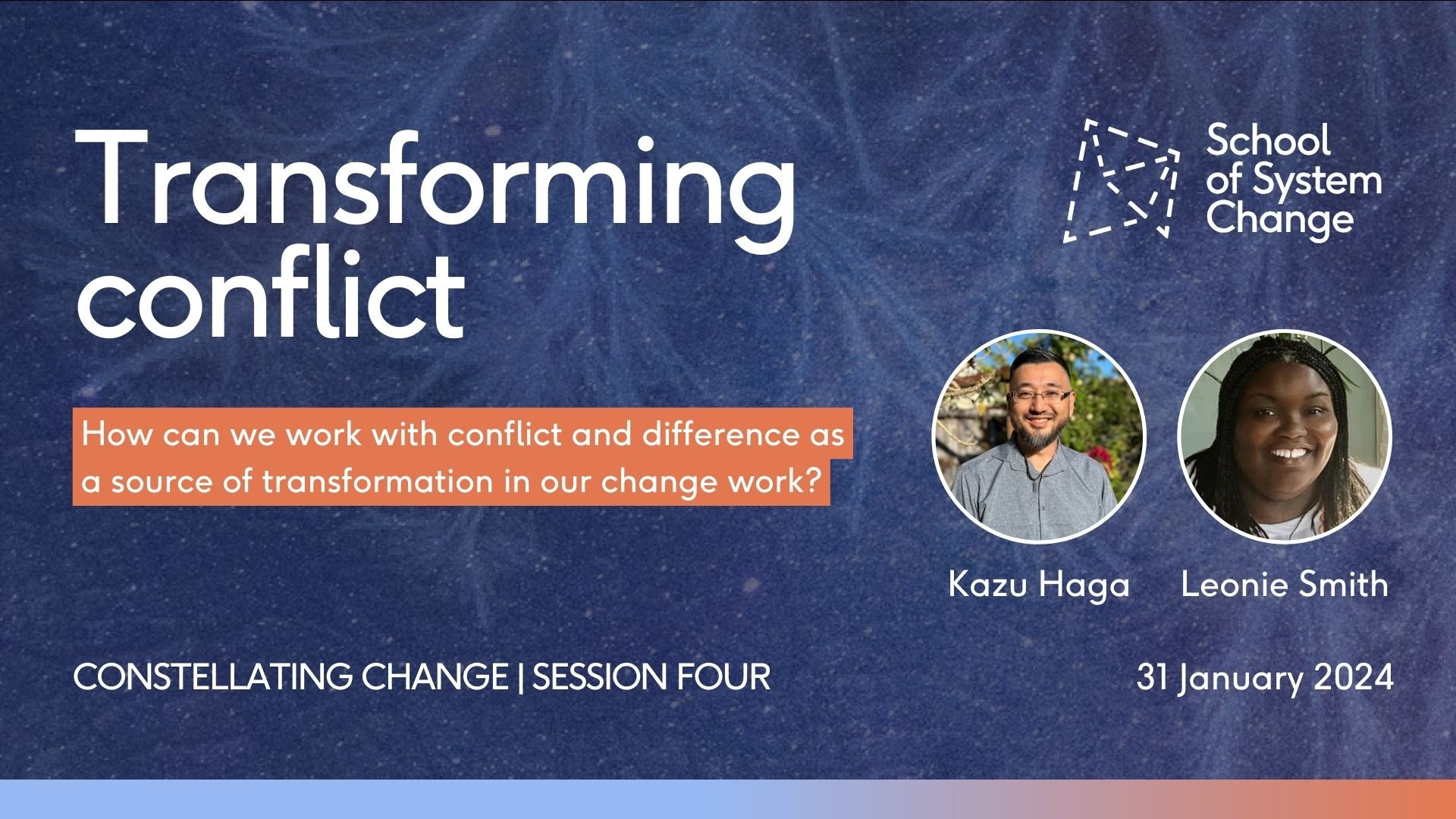Upcoming Workshops

Nonviolent Communication for the Workplace
Nonviolent Communication for the Workplace is for HR directors, leaders, and managers who are looking to improve how they attend to the some of the more challenging aspects of managing teams and doing human resources. Whether you are looking at correction, termination, ways of working that bring better cooperation and good relations in your team, Nonviolent Communications has a set of principles and practices to help you do hard things in a people-centred way.
My approach to Nonviolent Communication is one that supports people to recognise and live into their full humanity. This can be especially challenging at work. But, no matter what challenges you are facing in your organisation, solid communication and collaboration practices are foundational to your success. Not knowing what to say, how to say it and being assured that you have been heard and understood are some of the most common ways that teams can get off track..
NVC can help us to tend to many of the challenges that disrupt and slow down the work we are doing as teams. In HR it can help with challenges of that small per cent of your team that occupies the most time and can be the most demanding to work with.
Learning NVC and how it applies to workplaces is learning soft skills for doing hard things. No matter your goals, on the job, good relations is essential because it determines what the threshold will be for trust. NVC can help to deepen the practice of your individual and organisational values day-to-day.
When we think of the challenges at work such as:
Recruitment: How can we design selection processes that open the field to the the most qualified and diverse set of candidates?
Retention: Where is the role of good relations in establishing trust so that your shared work can be done with the best possible outcomes.
Correction: Improvement plans that get you to a place of shared awareness about what isn’t working, what improvement looks like, and shared understanding about expectations and capacities
Separation is inherently fraught since it leaves a hole in the team and is deeply impactful to the individual's sense of belonging. How can this be approached with greater awareness of the needs involved?
Collaboration: Which is often sought, starts with enthusiasm, but can be mired by lack of clarity and distractions that impact focus and can strain relationships
What I find really helpful about Nonviolent Communication (NVC) is that it has practices that not only useful as a communications tool, which is valuable, but also as a collaborative practice where we find our voice in service to our own creativity, clarity, and ultimately supporting the interdependent nature of teams. These are tools and practices that I have used in my own life as a leader and team member and that I have shared with organisations locally and internationally.
This course is deeply experiential and will explore foundations and practices that you can start using right away.
Takeaways
We start with the fundamentals of NVC such as how we can identify what is most what is meaningful for us; how to identify what needs, both individual and collective, how to in any situation we can connect and anchor in our values; and how we bring that all together when in conversations that are connecting, corrective, and, collaborative.
Drawing from your own examples, we will look at how to apply these skills to:
Collaborative decision-making that welcomes all relevant voices and perspective
Feedback, including exploring my Blame-Free Feedback work
A principled-approach to solid agreements for support performance improvement
Work with conflict in a way that supports learning and in a way that builds good relations
Learn how to ask for what you need to support our fullest contribution to shared work.
If you have a challenging conversation ahead with a co-worker, your boss or with a project team, you will leave the sessions with the tools you need to get through that conversation. While the outcomes cannot be guaranteed, what can be is known that you showed up fully and demonstrated your commitment to your team and the work that you share.. How you show up is within your control.
Session Four: Transforming Conflict (Constellating Change)
How can we work with conflict and difference as a source of transformation in our change work?
Join our Transforming Conflict session to learn how to leverage difference as an enabler in our organising work through productively working with the tensions, polarities and creating systems of restoration that support collaboration.
About the School of System Change
The School of System Change is a learning provider with the ambition to serve the emerging field of systems change, as a vehicle for connecting and amplifying spheres of learning and practice. The School has a range of online and in-person learning offerings depending on the level of system change practice among changemakers.

Every Monday: 6-Week Communication Embodiment Series
Deepening Embodiment For BIPOC
A 6-week communication embodiment series for folks who identify as Black, Indigenous, and people of color.
(Lead by Meenadchi and Co-Lead by Leonie Smith)
Are these things you've said or asked yourself:
“I have no idea why I acted that way.”
“I wish I had a different way of responding to them when they piss me off.”
“Why do I always let them get to me this way?”
Our bodies are our stewards, and it is also true that our bodies have been conditioned by many patterns and systems which are outside of our control. As we recognise these patterns and unwanted ways of behaving, it may feel confusing and irritating that we are unable to change as fast as we would like to change.
The reality is, communication is muscle memory. Changing our way of speaking takes time and practice. We must try different words and phrases and we must navigate the unexpected bodily responses (tightness, shutting down, fear) as we undo old patterns.
You will be invited to share relationship scenarios you struggle with. Scenarios can be of any nature, and should support you in moving towards the transformation you desire for yourself. Examples might include:
"I would like to get better at setting boundaries with my mother when she criticises me."
"I would like to respond with more kindness to my partner when she asks me for something during high stress periods of my work schedule."
"I would like to change the way I talk to myself when I make a mistake that I can't fix."
Using the tools of Non-Violent Communication, role plays, and family constellation work (a somatic tool for intergenerational healing), we will work to find the quality of communication that feels authentic and embodied for you. No prior experience is needed in order to join this class.

Facilitating Under Fire: Week 2
Facilitate meetings? Group decision-making processes? Learn how to meet challenging behaviour when facilitating; maintain group focus; do so with care.
REGISTER

Facilitating Under Fire: Week 1
Facilitate meetings? Group decision-making processes? Learn how to meet challenging behaviour when facilitating; maintain group focus; do so with care.
REGISTER


